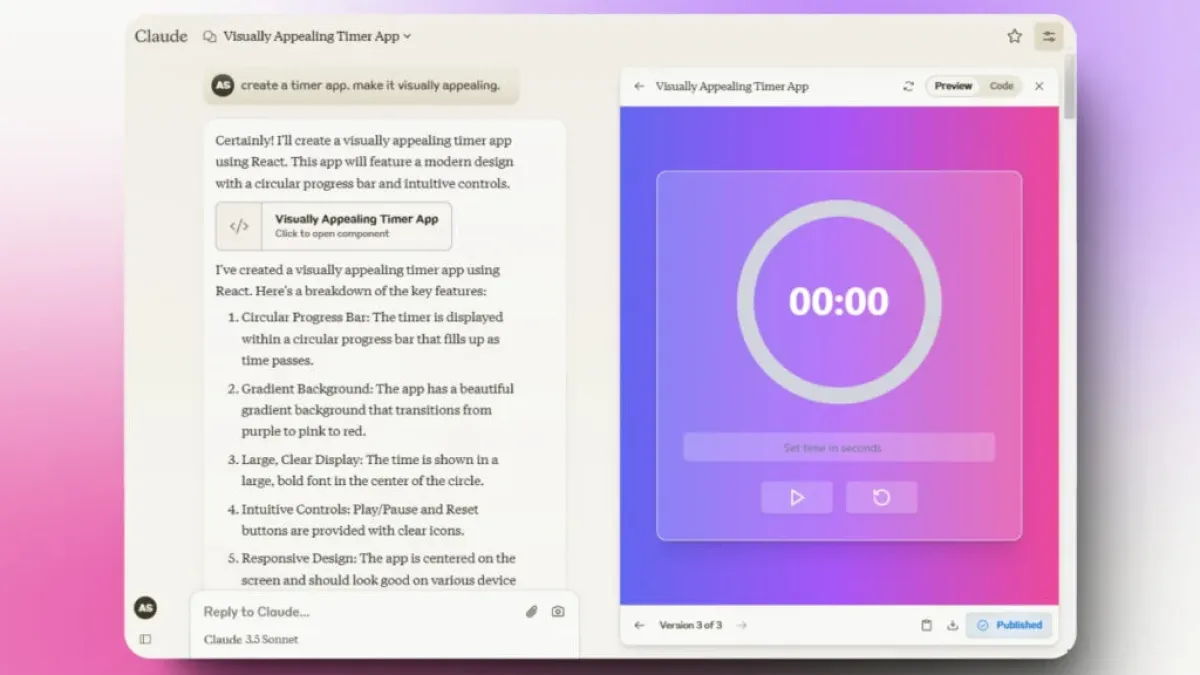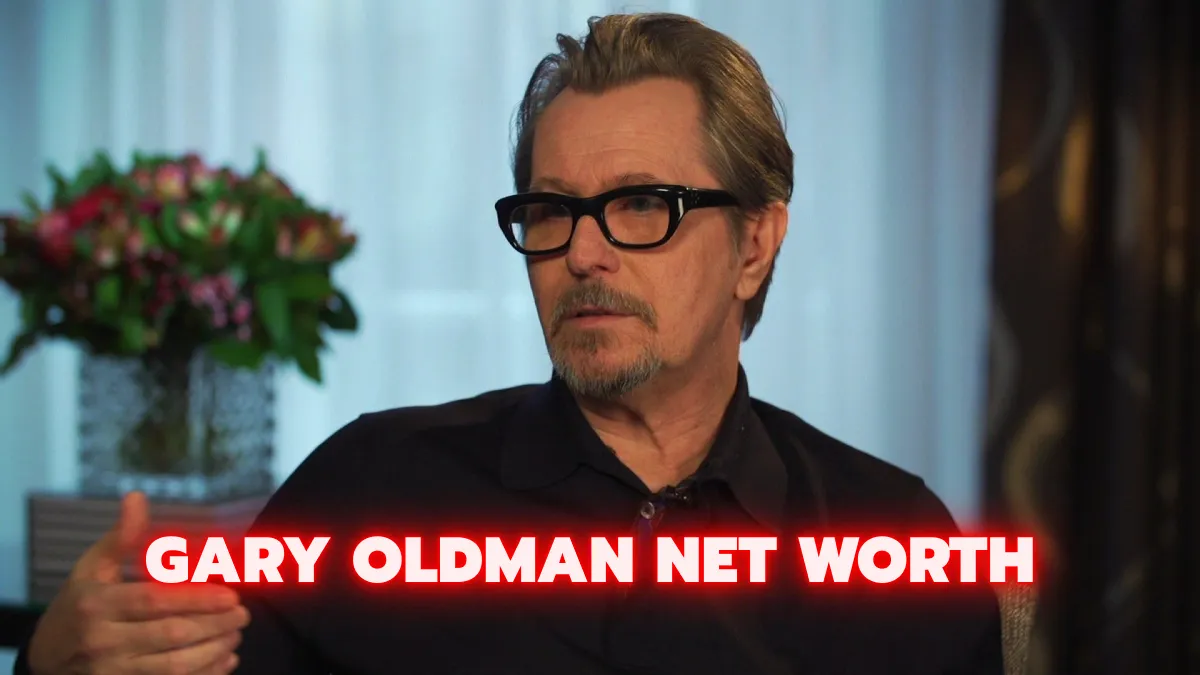Former President Donald Trump recently made a bold statement that has ignited a storm of criticism and debate. During a recent rally, Trump claimed that if he were reelected as President of the United States, voters would no longer need to go to the polls. This remark has sparked significant backlash from both political opponents and supporters.
The Statement and Its Implications
At a rally in Pennsylvania, Trump spoke about the upcoming election and his vision for the future. He said, “You won’t have to vote anymore if I’m reelected. I’ll fix everything, and you’ll see.” This comment was met with a mix of confusion, concern, and criticism. Many interpreted it as an attack on the democratic process, suggesting that Trump envisions a system where elections might become obsolete under his leadership.
Trump’s statement raises serious questions about his understanding of and respect for democratic principles. In a democratic society, elections are a fundamental mechanism for holding leaders accountable and ensuring that government reflects the will of the people. By suggesting that voting might no longer be necessary, Trump’s comments challenge this core principle.
Reactions from Political Leaders
Political leaders from both major parties quickly condemned Trump’s remarks. Democrats were particularly vocal in their criticism. House Speaker Nancy Pelosi issued a statement saying, “President Trump’s comments are deeply troubling. They reflect a dangerous disregard for our democratic institutions and the principle of free and fair elections.”
Similarly, Senate Majority Leader Chuck Schumer expressed his concerns. He stated, “What we heard from Trump is not just reckless; it is a direct attack on the bedrock of our democracy. We must remain vigilant and defend the right to vote.”
On the Republican side, reactions were mixed. Some GOP leaders defended Trump, arguing that his comments were taken out of context. They suggested that he was speaking metaphorically about making government more efficient and not literally advocating for the end of elections. However, others within the party expressed unease about the potential implications of such statements.
Public Reaction and Media Coverage
The public reaction to Trump’s statement has been intense. Many voters and political analysts have expressed alarm at the idea of a future where elections might be rendered obsolete. Social media platforms have been flooded with discussions and debates about the implications of Trump’s remarks.
Media outlets have covered the story extensively, with various interpretations and analyses. Some have focused on the potential dangers of undermining democratic norms, while others have examined the impact of such statements on Trump’s political standing.
For instance, a political analyst for CNN wrote, “Trump’s remarks are not only provocative but also reflect a troubling trend of undermining democratic norms. In a country where trust in institutions is already fragile, such statements could exacerbate divisions and erode public confidence in the electoral process.”
Historical Context
To understand the gravity of Trump’s statement, it is helpful to consider historical context. Throughout American history, there have been numerous instances where leaders and political figures have attempted to challenge or undermine democratic norms. However, the strength of American democracy has always been its resilience in the face of such challenges.
The United States has a long tradition of free and fair elections, enshrined in its Constitution and upheld by its institutions. Any suggestion that this tradition could be compromised or dismantled is taken very seriously. Trump’s comments, therefore, are not just a matter of political rhetoric; they touch on fundamental questions about the nature of American democracy.
The Way Forward
In the wake of Trump’s controversial remarks, there are important questions about how to address and respond to such statements. It is crucial for political leaders, media, and citizens to engage in thoughtful and informed discussions about the implications of undermining democratic norms.
For many, the focus should be on reaffirming the importance of elections and democratic processes. Voters must remain vigilant and engaged, ensuring that their voices are heard and their rights are protected. Institutions that uphold democratic values must also stand firm in the face of challenges and continue to promote transparency and accountability.
In conclusion, Trump’s recent comments have sparked a significant backlash, highlighting deep concerns about the future of American democracy. As the nation moves forward, it will be important to remain committed to the principles of free and fair elections and to address any threats to these foundational values.









